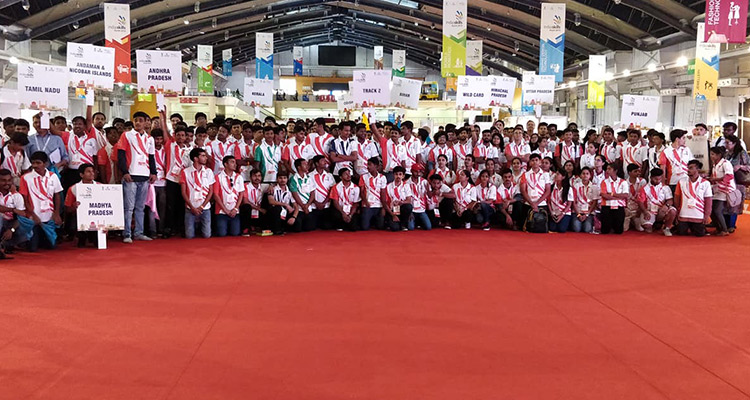Regional Skills Challenges are competitive events designed to enhance practical skills, encourage vocational training, and promote career opportunities in various trades and industries. These challenges aim to identify and nurture talent in technical and vocational fields at a regional level, often serving as qualifying rounds for larger national or international competitions. Here’s a breakdown of what these events typically involve:
- Skill-Based Competitions: Competitors showcase their abilities in specific trades, such as welding, carpentry, electrical work, plumbing, digital design, or automotive repair. Each event tests participants’ technical skills, accuracy, speed, and problem-solving abilities in real-world scenarios.
- Industry-Relevant Standards: The challenges are designed to meet industry benchmarks, ensuring that participants gain exposure to the latest practices, tools, and technologies within their fields. This also helps align vocational training with industry needs.
- Participation of Schools and Institutions: Regional Skills Challenges often see participation from vocational schools, technical institutes, and industry training programs, fostering a collaborative environment between education providers and industry leaders.
- Pathway to National and International Competitions: Winners of regional challenges may qualify for larger competitions, such as WorldSkills or national skill contests, providing a pathway for skilled youth to showcase their talents on a broader stage.
- Skills Development and Career Awareness: By highlighting vocational skills, these challenges emphasize the importance of trades in the workforce and help shift perceptions toward skilled careers, encouraging more students to consider them as viable, rewarding career paths.
- Industry Networking and Recognition: Participants have the chance to connect with potential employers, industry mentors, and sponsors, which can lead to apprenticeships, job placements, and further skill development opportunities.
Regional Skills Challenges are essential in supporting the development of a skilled workforce, addressing industry skill gaps, and fostering community engagement in technical and vocational professions.







